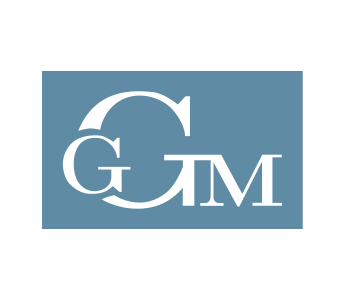Using The Uniform Commercial Code To Protect Banks from Fraud
For plaintiffs’ lawyers, finding a plaintiff with a valid claim for damages is only half the battle. Finding a collectible defendant is the other half. Typically, the more defendants on the hook, the better the odds of recovery. This is why plaintiffs often bring claims against numerous parties for the same injury.
This scattershot practice is frequently employed in embezzlement cases where an employee has diverted to himself funds intended for his employer. In this context, the employee is obviously the bad actor, and the employer is the aggrieved party. While this may appear to be an open-and-shut case, it is seldom that simple.
More often than not, every party that touches those funds, including the bank that cashes or deposits them in good faith and without knowledge of the fraud, finds itself embroiled in the fracas. Lawyers seek to put the bank on the hook in such cases because, while obtaining a judgment against the bad acting employee might be easy, collecting on that judgment typically is not. The ill-gotten money is often long gone. On the other hand, banks are more attractive targets because they are very collectible.
Fortunately for Michigan banks, defense lawyers have various tools at their disposal to combat such lawsuits. The Michigan Court of Appeals recently considered two of these useful defenses in Hantz Financial Services, Inc v Chemical Bank, unpublished opinion per curiam of the Court of Appeals, issued October 30, 2014 (Docket No 314923).
In Hantz Financial Services, the court addressed the “imposter” and the “responsible employee” defenses under Michigan’s Uniform Commercial Code, MCL 440.3404 and 440.3405, respectively. The imposter defense allows a depositary bank to accept an embezzled check without consequence if the embezzler gained possession of the check by impersonating the proper payee. The responsible employee defense may protect a bank if part of the bad employee’s duties include handling employer funds (e.g., accounting or bookkeeping functions).
While successful assertion of either of these affirmative defenses will completely exonerate a bank for its conversion or acceptance of a stolen check, the availability of either in a particular case may not always be obvious at the outset of litigation. A savvy trial attorney will recognize and establish these defenses early in the discovery process, with the goal of obtaining a dismissal prior to trial.
News and blog articles presented in this website are distributed for general information purposes only with the understanding that the author, publisher and distributor of articles is not rendering legal, accounting, or other professional advice or opinions on specific facts or matters and, accordingly, GGTM assumes no liability whatsoever in connection with the use of any article. Pursuant to applicable rules of professional conduct, this communication may constitute Attorney Advertising.

